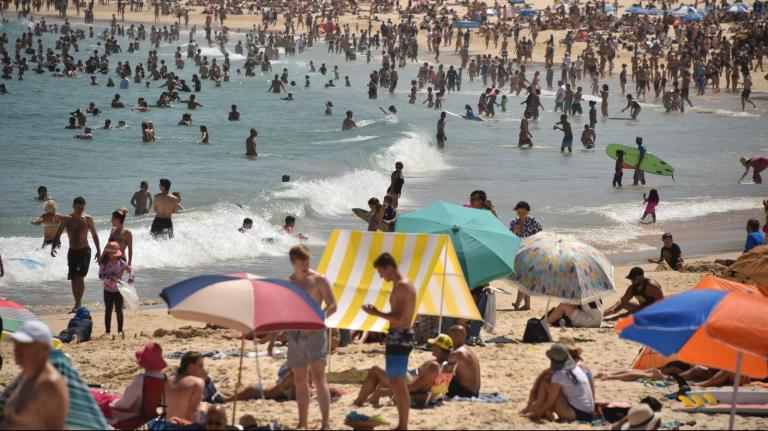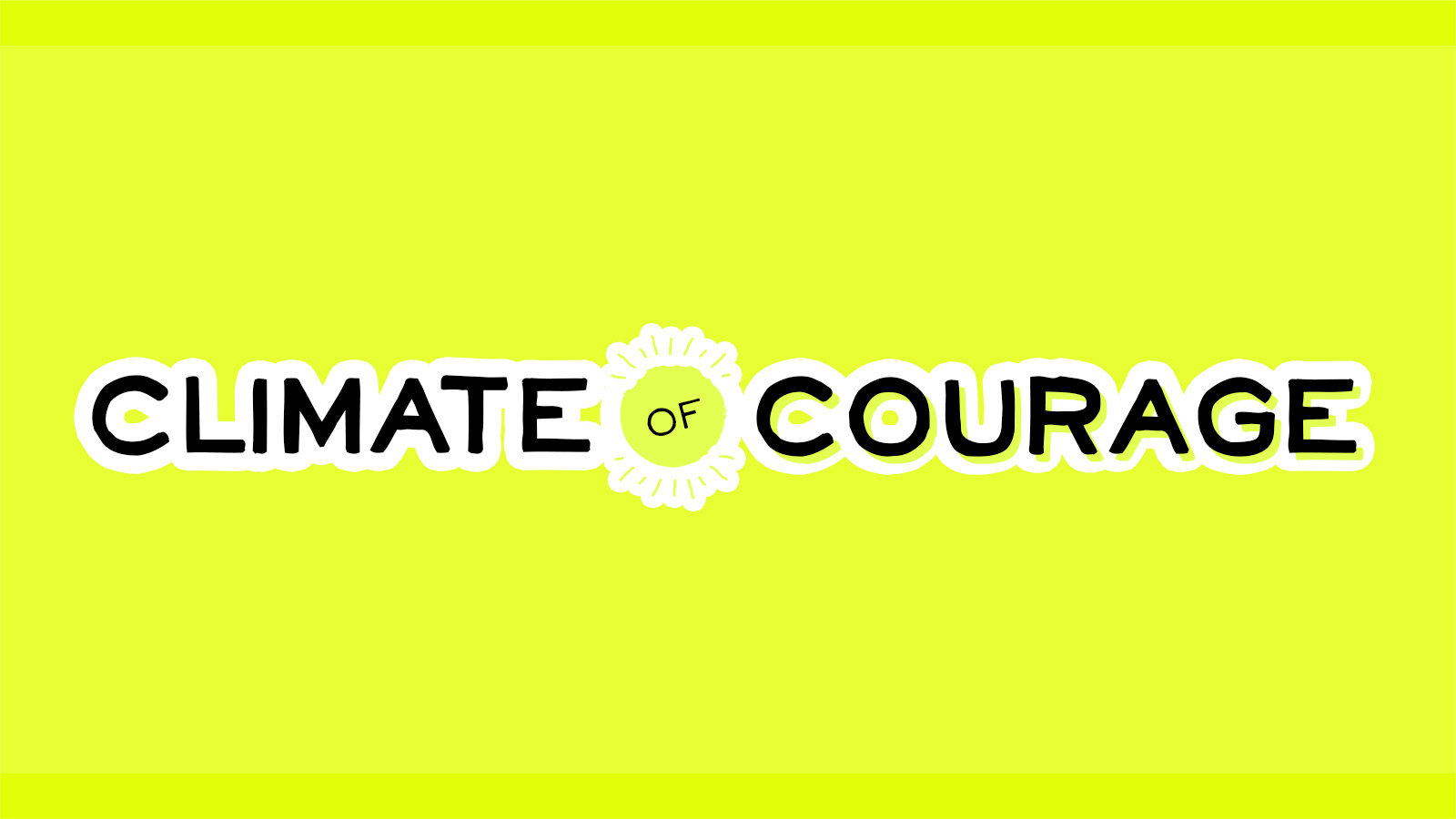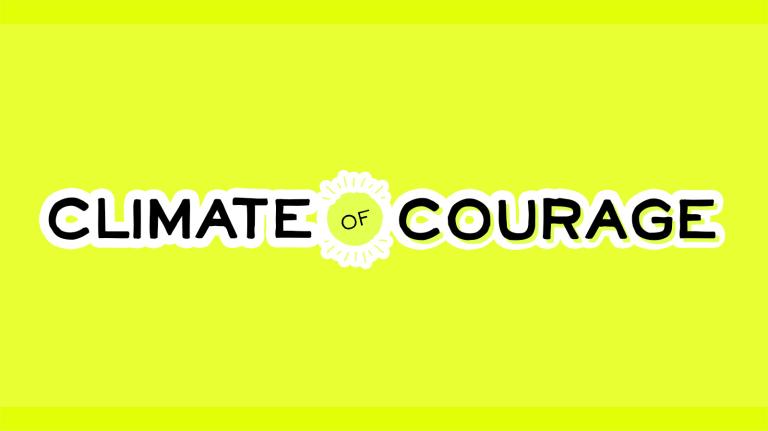Here’s something that probably won’t come as a surprise to regular readers: I struggle almost every day with the emotional toll of climate change.
As an economically comfortable white man with health insurance and a regular therapy bill, that struggle mostly manifests in the form of blankly staring at my computer screen when I read about a new bombshell climate report.
My mind will race with anxiety, despair, and grief. I’ll think of how most people are oblivious of how bad things are, and how we’re not listening to the folks who really get it. And then I’ll remember how society is already failing those who are already bearing the brunt of the impacts. While I’m losing sleep, others are losing their lives. I’m fully aware how privileged that is (though my privilege doesn’t make the situation any less dire), which is when the guilt kicks in. I’ll tweet about how I’m feeling. And then I finally start to write.
That cycle happened last week when I wrote about how the oceans are warming 40 percent faster than scientists thought.
On the same day that story published, Mary Oliver died. Oliver, whom the New Yorker called “America’s most beloved poet,” spent her life extolling the redeeming power of nature.
One of Oliver’s main challenges to us, mired in our frenetic techno-fueled world, was to just get outside. It’s a message that’s been repeated often throughout the years, by everyone from Wendell Berry to data-driven psychologists to religious leaders. It’s classic advice because it works. A walk in nature can literally change how your brain operates. It’s a reminder that we’re all connected. I know I need to take that advice and step away from the internet more often.
If you read a lot of climate change news, it’s sometimes hard to feel anything beyond paralyzed and terrified. But having the courage just to stand up, walk away from your phone or your desk, go outside and feel the cold or heat or sun or shade on your skin may be enough to break the cycle of despair and grief and help you to refocus on what’s worth fighting for. With that extra clarity, who knows what kind of change is possible. Try it.




